![[Photo by USDA via Flickr.]](/sites/default/files/styles/teaser_list_thumbnail_large/public/title_images/unnamed_99.jpg?itok=V9prb0YC)
After Omar Chavez suffered a back injury at the restaurant where he worked, his family lost its home. They now live in a trailer bought at a junkyard. Such stories of back pain gone wrong are common among immigrant workers.
![[Photo by USDA via Flickr.]](/sites/default/files/styles/teaser_list_thumbnail_large/public/title_images/unnamed_99.jpg?itok=V9prb0YC)
After Omar Chavez suffered a back injury at the restaurant where he worked, his family lost its home. They now live in a trailer bought at a junkyard. Such stories of back pain gone wrong are common among immigrant workers.
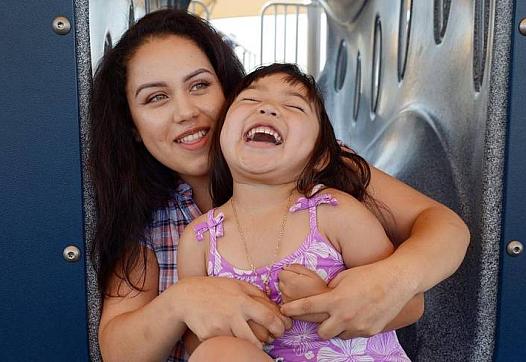
Graciela Pacheco's teachers never taught her about sex. She learned most of what she knows from her next-door neighbor — a 15-year-old boy she met when she was 12 — who would become the father of her child.
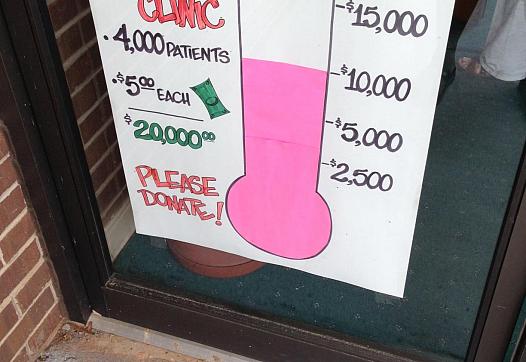
Warren County, North Carolina has experienced decades of hardship and despair. But Mary Somerville of the Warren Community Health Clinic says nothing was more heartbreaking than the day she had to close the clinic.
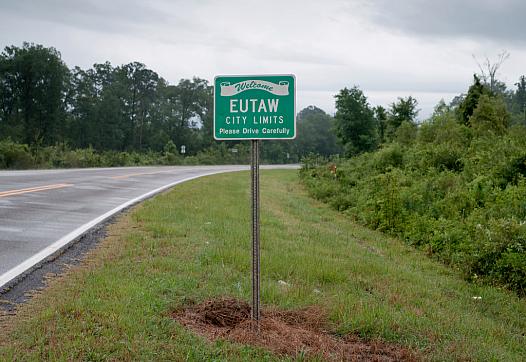
The Southern region referred to as the Black Belt is one of the most persistently poor in the country, life expectancies are among the shortest, and poor health outcomes are common.
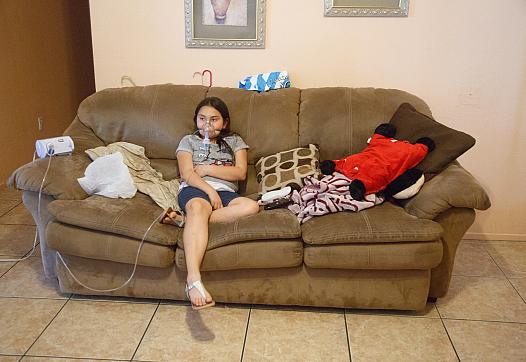
As the Salton Sea slowly dries up, an environmental health disaster is brewing. In response, the Desert Sun found new ways to report on the rising health threat to local communities.
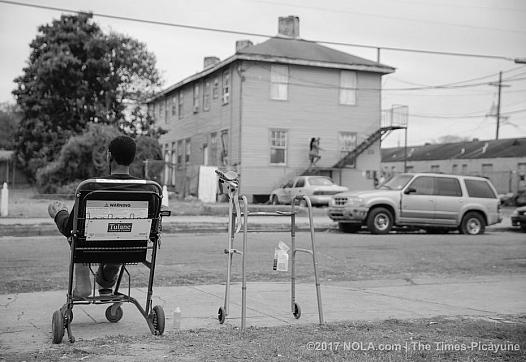
Candince McMillian knew little about New Orlean's Central City neighborhood before she bought her home. Then two bullets ripped through her front door.
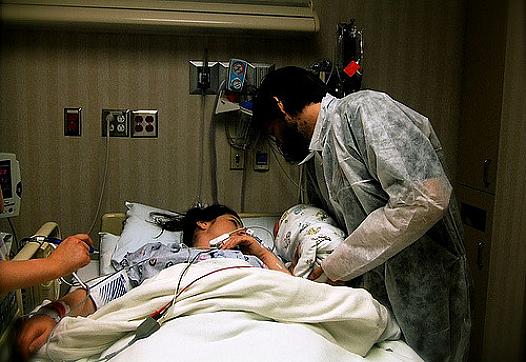
California has been particuarly aggressive in its data-driven effort to curb high C-section rates at hospitals throughout the state. The results from early pilot projects have been promising.
This article was produced as a project for the University of Southern California Center for Health Journalism's 2016 National Fellowship.
![[Photo by Ishai Parasol via Flickr.]](/sites/default/files/styles/teaser_list_thumbnail_large/public/title_images/unnamed_87.jpg?itok=QnliuG9b)
Boston-based nonprofit EMPath combines personal mentoring with brain science to equip low-income families with tools to deal with the economic and social stress that comes with poverty.
![[Photo via Flickr.]](/sites/default/files/styles/teaser_list_thumbnail_large/public/title_images/photo_160.jpg?itok=RjATWyhC)
If heat is the enemy, Marcela Herrera thought she was ready for battle last summer at her family’s north Los Angeles apartment.